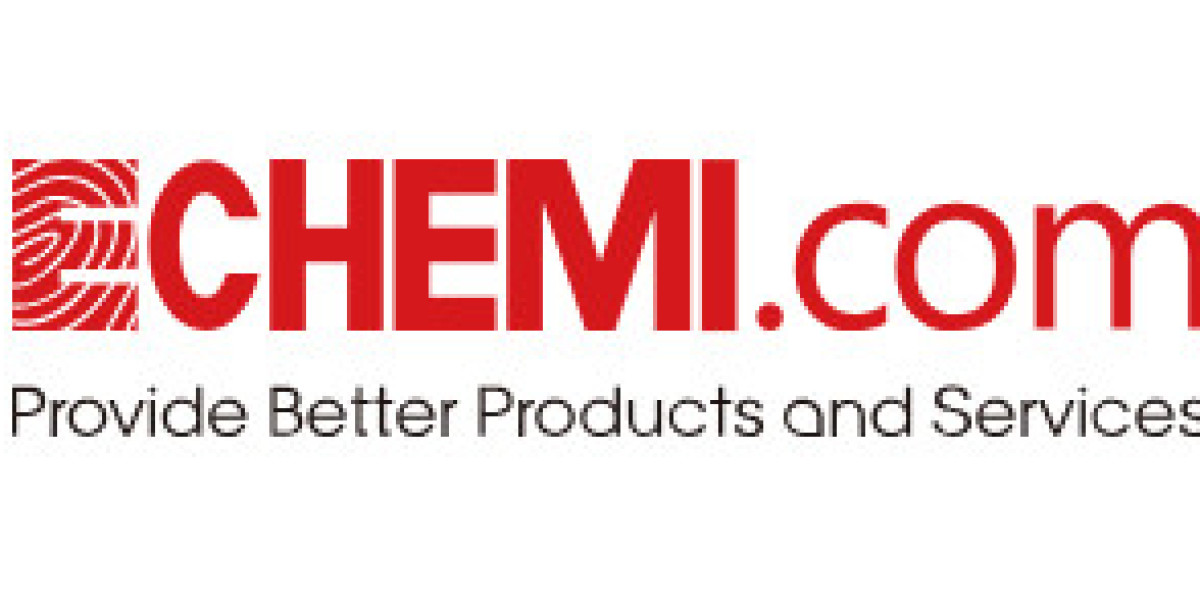Advanced manufacturing technologies are revolutionizing operations in chemical companies, driving efficiency, quality, and innovation in production processes. These cutting-edge technologies encompass a range of digital tools, automation systems, and process enhancements that optimize manufacturing operations, improve product quality, and enable companies to remain competitive in a rapidly evolving industry landscape.
Key aspects of advanced manufacturing technologies in chemical companies include:
Process Automation: Automation technologies such as robotics, AI-driven systems, and IoT devices are streamlining manufacturing processes in chemical companies. Automated systems enhance precision, reduce human error, and increase production efficiency, leading to higher output rates and improved consistency in product quality.
Data Analytics: Advanced manufacturing technologies leverage data analytics tools to collect, analyze, and visualize production data in real-time. By harnessing data insights, chemical companies can optimize operational performance, identify bottlenecks, and make data-driven decisions to enhance productivity and efficiency throughout the manufacturing process.
Additive Manufacturing: Additive manufacturing, also known as 3D printing, is revolutionizing the production of complex chemical components and prototypes. This technology enables rapid prototyping, customization, and cost-effective production of intricate structures, leading to faster product development cycles and enhanced design flexibility.
Continuous Manufacturing: Continuous manufacturing technologies are replacing traditional batch processes in chemical production, offering benefits such as reduced waste, improved scalability, and enhanced control over reaction parameters. Continuous manufacturing enables real-time monitoring, faster production cycles, and greater flexibility in adapting to changing production demands.
Smart Factory Solutions: Chemical companies are implementing smart factory solutions that integrate technologies like AI, IoT, and cloud computing to create interconnected and intelligent manufacturing environments. Smart factories enable predictive maintenance, real-time monitoring, and adaptive production processes, leading to increased efficiency, reduced downtime, and improved resource utilization.
Digital Twin Technology: Digital twin technology creates virtual replicas of physical manufacturing processes, allowing companies to simulate, monitor, and optimize production operations in a virtual environment. By leveraging digital twins, chemical companies can test scenarios, optimize process parameters, and troubleshoot issues before implementing changes in the physical production environment.
In conclusion, advanced manufacturing technologies are reshaping the chemical industry by enhancing operational efficiency, driving innovation, and improving competitiveness. By embracing digital transformation, automation, and data-driven decision-making, chemical companies can unlock new opportunities for growth, optimize production processes, and meet evolving market demands with agility and precision. The adoption of advanced manufacturing technologies is essential for companies to stay ahead of the curve, drive continuous improvement, and achieve sustainable success in a dynamic and technology-driven manufacturing landscape.








